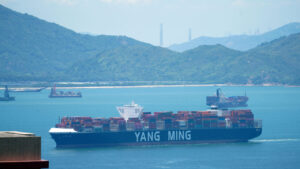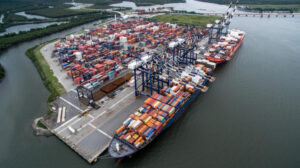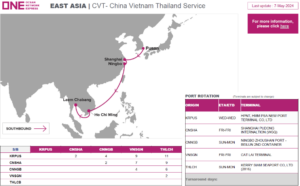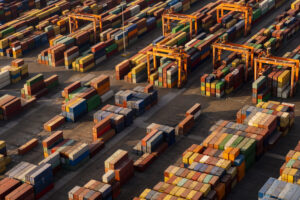A Swedish, Norwegian and German consortium has been given the go-ahead for their project that is expected to increase safety and efficiency in shipping.
Led by RISE Research Institutes of Sweden, the research project will develop a navigation system that foresees the positions of other vessels through machine learning.
The aim of the project is to reduce the risk of collisions and enables more efficient navigation.
One of the main causes of ship collisions is the lack of awareness of the position and intention of other vessels.
Exclusive Paper: How Smart Technologies Increase Terminal Performance
By being able to predict future positions for vessels in the vicinity with high position accuracy by EGNSS and machine learning and exchange these dynamic predictions with the vessels nearby with VDES, smarter decisions can be made.
In addition to reducing the risk of collisions, the new system allows for more energy-efficient maneuvering of the vessels, which contributes to a reduced environmental impact of shipping.
The project has recently been granted funding through the “European GNSS Agency”, GSA.
John Rune Nielsen, Research and Business Development Director at RISE, said, “We are very pleased to be able to bring together the shipping value chain in this project that uses advanced machine learning.
Apart from RISE, the project also includes Telko from Norway, SAAB from Sweden, ANAVS from Germany, Swedish mapping, cadastral and land registration authority (Lantmäteriet) and is supported by Stena Line (Sweden).
Pål Hansen, Vice President R&D, Telko, said, “Prepare Ships will combine technologies supporting officers on manned ships as well as shore-based operators controlling unmanned ships and can compensate for the shortage of experienced marines.
“The developed product shall also be applicable to other applications requiring high accuracy, highly robust position, also enabling yet unidentified markets.









